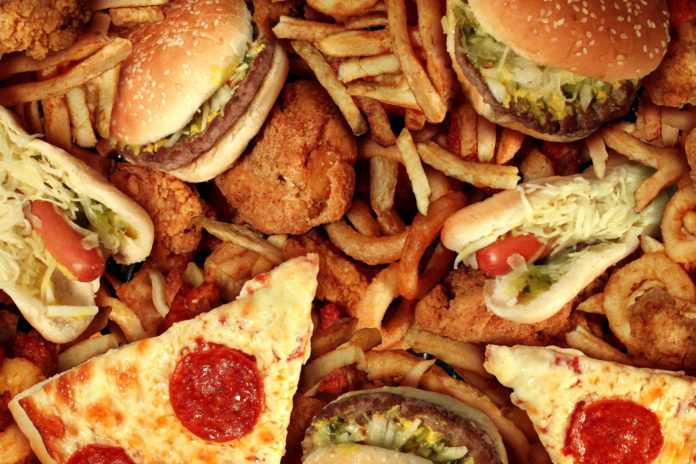Taking certain medications with food is a common recommendation. Those seeking relief through CBD may want to follow the same traditional medical advice.
Bioavailability receives a lot of attention from patients and CBD producers. Simply put, bioavailability refers to the amount of CBD that enters the bloodstream after ingestion. Even if a product ingested contains a high level of CBD, the percentage absorbed after it is processed by the body could be greatly reduced.
A new study conducted at the University of Minnesota and published in the journal Epilepsia highlights that the type of food one eats can have an impact on CBD absorption. Specifically, foods high in fat content seem to show the highest potential in increasing CBD absorption.
“The type of food can make a large difference in the amount of CBD that gets absorbed into the body. Although fatty foods can increase the absorption of CBD, it can also increase the variability as not all meals contain the same amount of fat,” said Angela Birnbaum, a professor in the College of Pharmacy and study co-author.
Ilo Leppik, a co-author of the study and professor at the College of Pharmacy, sees a financial benefit to high absorption rates for CBD.
“Increases in the amount of the CBD dose being absorbed into the body can also lead to lower medication costs,” Leppik said, noting that increased absorption requires less medication to be purchased.
According to a release by the University of Minnesota, highlights of the study include:
- CBD exposure is vastly increased when CBD is taken with high fatty foods;
- When compared to fasting, taking CBD with food increased the amount of CBD in the body by four-times and the maximum amount recorded in the participants’ blood by 14-times;
- No cognitive differences were identified, which is consistent with previous studies.
“For epilepsy patients, a goal is to maintain consistent blood concentrations of drug,” said Birnbaum. “This study shows that CBD concentrations could vary significantly if patients take it differently, sometimes with or without food. Variations in blood concentrations could leave a patient more susceptible to seizures.”
While the study is certainly interesting and should justify additional research, the sample size was quite small. The study’s conclusion relied on only eight participants which is far less than an ideal number to make definitive conclusions. However, studies like this are crucial. Researchers have a lot of catching up to do when it comes to understanding cannabis and cannabinoids since study on the plant has largely been forbidden for years.


